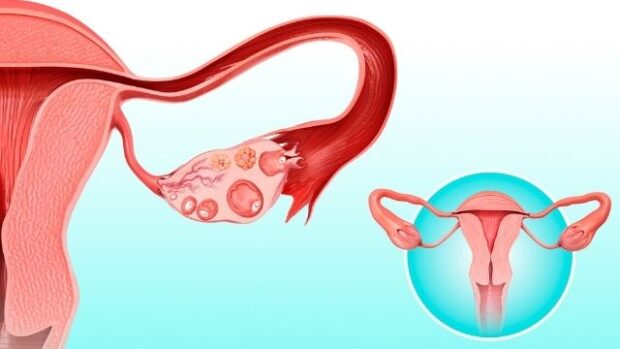Ovulation induction is the process of using medication to improve ovulation in women who have absent or irregular ovulation. Regular ovulation happens once every 28 days during your menstrual cycle. Intervals of 21-35 days are also considered to be acceptable and an indication of normal ovulation. If the released egg does not become fertilized, the mature released egg and any other supplementary tissues are then broken down and completely cleared from your uterus naturally. In this post, we will tell you why you should have your ovulation induction performed by Michael Cho, M.D.
What is ovulation induction?

When ovulation does not occur completely, it is referred to as anovulation. Ovulation problems usually result in infertility by eliminating the potential of an egg to be fertilized. The main purpose of ovulation induction is to help increase your chances of bearing a child by using intrauterine insemination (IUI), sexual intercourse, or other fertility treatments.
How is ovulation induction done?
Ovulation induction is a simple and reliable fertility treatment that involves taking injectable or oral medication to improve regular ovulation. This medication is usually administered at the start of your menstrual cycle, and your doctor will closely monitor your body’s response through your cycle using an ultrasound. Your provider will also determine when you will begin ovulating and pick the right time for insemination or intercourse. These dosages and medications used to induce ovulation are customized to meet individual needs. Below are some of the prescribed fertility medications that may help induce ovulation:
- Follicle Stimulating Hormone. These are daily hormone stimulation injections that help the ovary to produce egg-containing follicles and allow them to mature quickly.
- Aromatase inhibitors. This type of medication is effective in patients with PCOS who have been diagnosed with pre-diabetes or diabetes.
- Clomiphene citrate. This helps stimulate your pituitary gland to produce more follicles. This medication is administered from day 2-6 of your menstrual cycle.
- Gonadotropins. This medication helps stimulate egg development and is naturally produced by the pituitary gland. Since gonadotropins are very strong medications, they require constant monitoring by your provider.
Who Are Suitable Candidates for Ovulation Induction?

Ovulation induction is a reliable treatment for women with irregular or absent ovulation. This procedure is also extremely beneficial for people with ovulation-interrupting conditions such as PCOS. When determining who suitable candidates for ovulation induction are, physicians usually consider the following:
- Disorders that can indirectly affect ovulation, such as eating disorders, obesity, and thyroid disorders.
- The amount of physical exercise.
- A woman’s hormone levels
- Disorders that can directly affect normal ovulation, such as PCOS.
Risks and side effects of ovulation induction
While ovulation induction procedures are generally considered to be safe, they are sometimes accompanied by some risks, such as:
- Weight gain
- Blurry vision
- Hot flashes
- Tenderness in the pelvic region
- Loss of breath
- Bloating
- Nausea
- Headaches
At University Reproductive Associates, we provide the residents living in and around Hoboken, Hasbrouck Heights, and Wayne with comprehensive and customized treatment options for a successful pregnancy. Our well-experienced team of fertility experts has embraced the use of the latest technologies to help their patients and families overcome infertility problems such as uterine fibroids, polycystic ovary syndrome, and endometrial polyps. Take the initiative today and book an appointment online or call our offices at 201-288-6330.




























